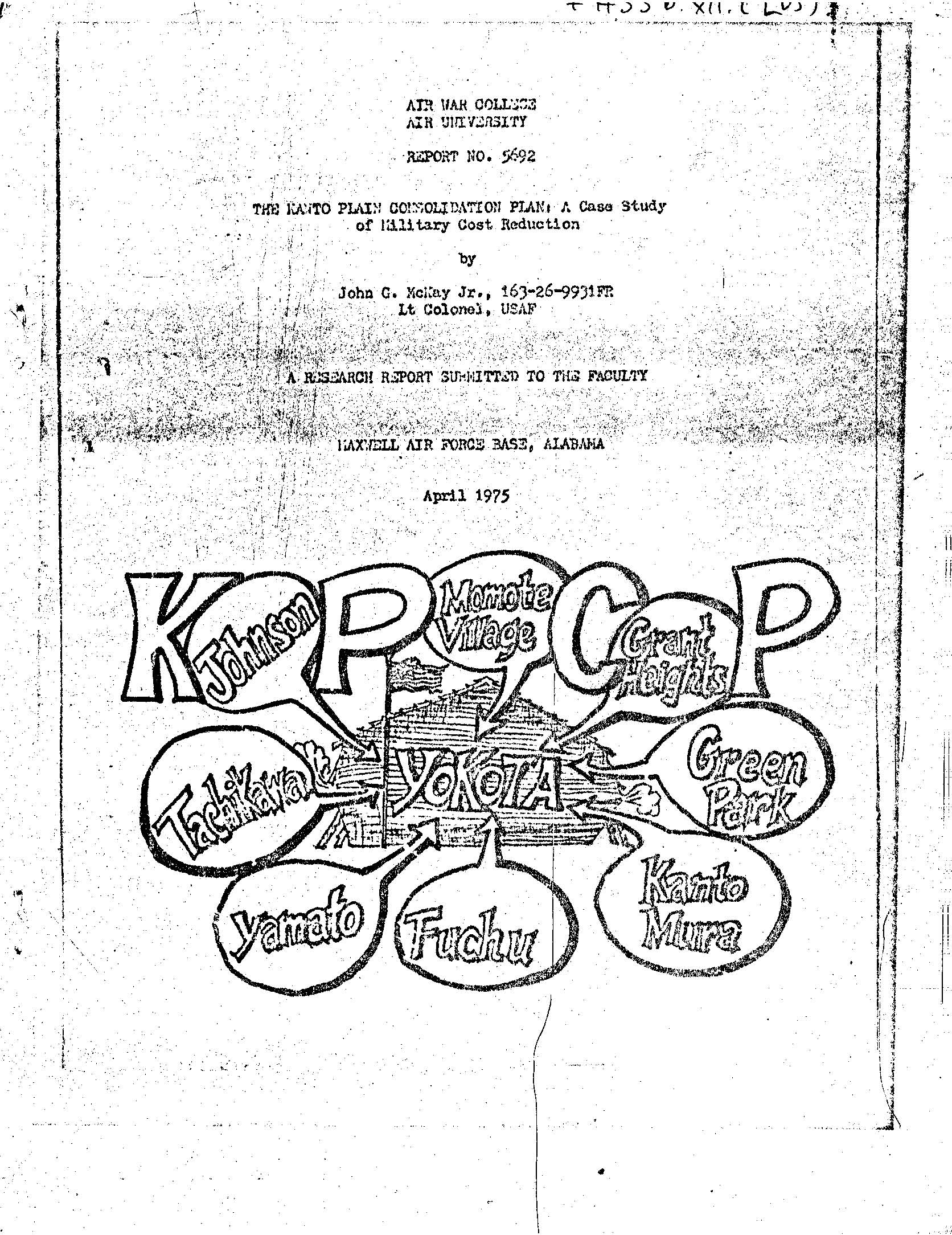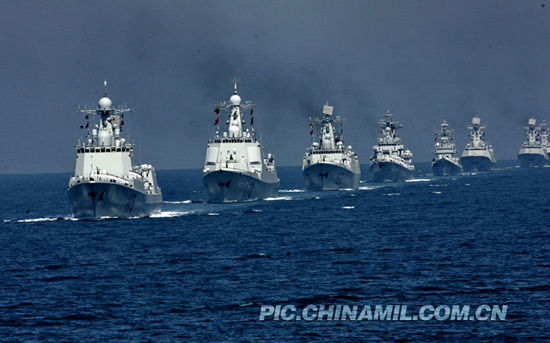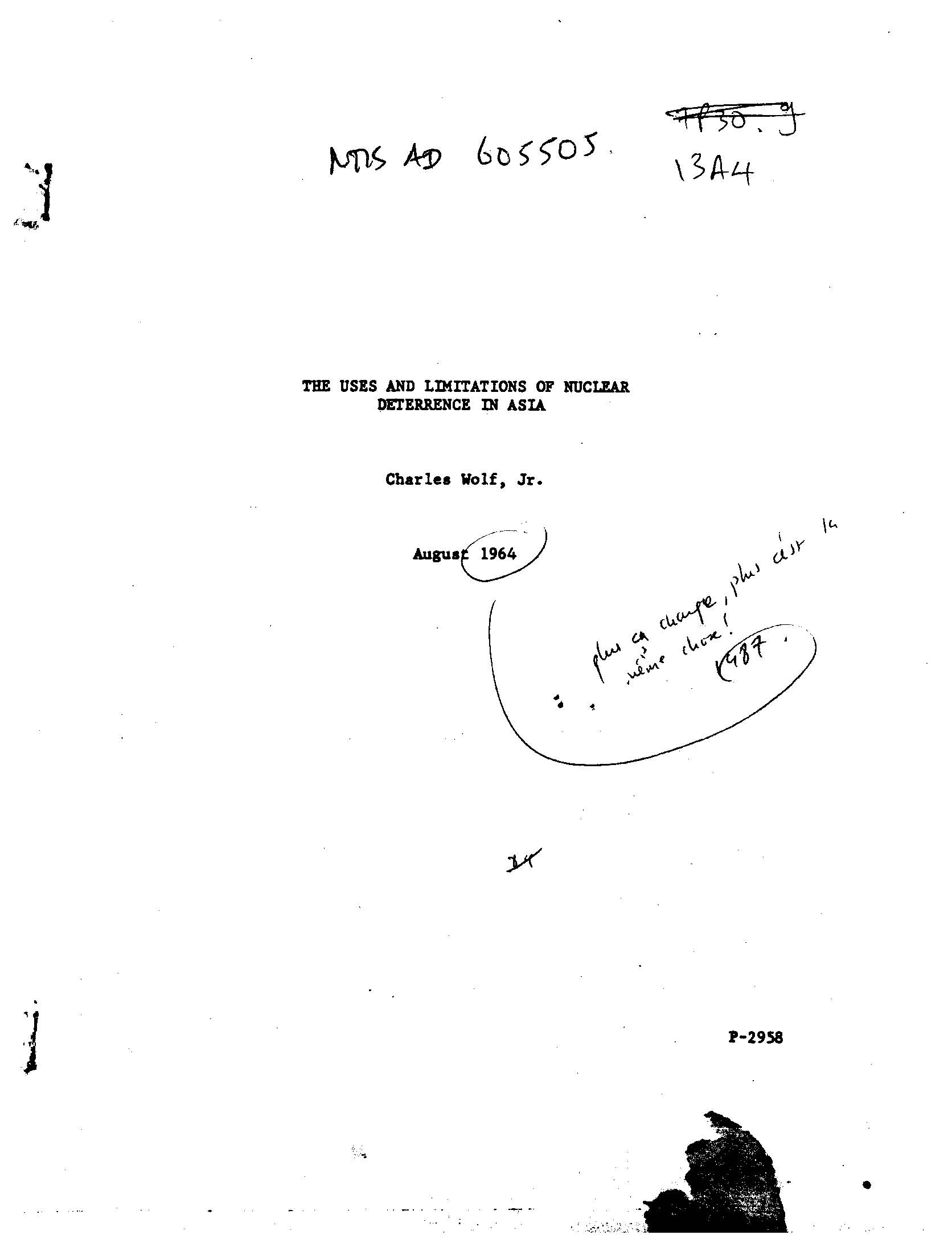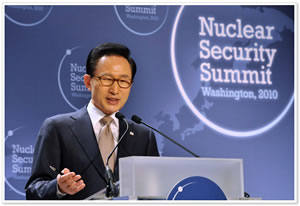Daily Report Archives
Established in December 1993, the Nautilus Institute’s *N*ortheast *A*sia *P*eace and *S*ecurity *N*etwork (NAPSNet) Daily Report served thousands of readers in more than forty countries, including policy makers, diplomats, aid organizations, scholars, donors, activists, students, and journalists.
The NAPSNet Daily Report aimed to serve a community of practitioners engaged in solving the complex security and sustainability issues in the region, especially those posed by the DPRK’s nuclear weapons program and the threat of nuclear war in the region. It was distributed by email rom 1993-1997, and went on-line in December 1997, which is when the archive on this site begins. The format at that time can be seen here.
However, for multiple reasons—the rise of instantaneous news services, the evolution of the North Korea and nuclear issues, the increasing demand for specialized and synthetic analysis of these and related issues, and the decline in donor support for NAPSNet—the Institute stopped producing the Daily Report news summary service as of December 17, 2010.
Andrew DeWit, a Professor of the Political Economy of Public Finance at the School of Policy Studies, Rikkyo University and an Asia-Pacific Journal Coordinator, discusses how Japan’s powerful nuclear village is struggling to regain control of the nation’s feed-in tariff (FIT) after a legislative bill passed August 26, 2011 shifted control of the pricing structure of the FIT from the nuclear-sympathetic Ministry of Trade Economy to a newly formed committee publicly tasked with expanding investment in renewable energies.
Read a response to this article here.
Go to the article

The study describes the political and economic conditions that impacted the U.S. Air Force basing posture in Tokyo, Japan in early 1970 and the plan that was developed to reduce these impacts. The main theme explains the formulation and successful implementation of this plan that was designed to preserve mission capability at reduced cost by consolidating widely scattered activities away from metropolitan Tokyo by fiscal year 1975. John G. McKay writes, “Perhaps this case study of a successful USAF plan and program will serve some useful purpose in future U.S. force posturing in that it records the methodology employed for achieving a significant cost-savings through dedicated and perserving efforts in effective resource management.”
This report was released to the Nautilus Institute under the US Freedom of Information Act (FOIA). See the Institute’s FOIA Global Disclosure Project page to read more chronologies, histories and reports released to Nautilus.
Go to the article

Mark Valencia, Nautilus Institute Associate and NARP Research Associate, explores options for the upcoming ASEAN and China negotiations concerning a Code of Conduct (CoC) to govern activities in the South China Sea. There are hopes that a Code can be presented and approved at the ASEAN-China 2012 summit, but the key elements have yet to be decided. Valencia contends that the CoC must include an agreement as to 1) where, to whom, and to what the Code applies, 2) how it addresses non-state actors and Taiwan, and 3) the scope of the Code—which should broad, and address resource exploration and exploitation, marine scientific research, and military activities.
Go to the article

In this 1964 report Wolf explores US extended nuclear deterrence in China, Japan, and South Korea as well as the impact it could have in Asian countries then “under Communist threat”. Wolf uses two frameworks to assess the effectiveness of US conventional military and nuclear options in Asia: “broad-deterrence” and “narrow-deterrence” options. Wolf uses these two views to consider the provocation threshold, military and political pressures and alternative actions at play in each situation. Wolf writes, “In Asia, we are left with a wide range of current and potential undeterred conflicts. Although nuclear deterrence is more operative and effective than is often believed, its limitations are manifest not only in the Vietnamese and Laos cases, but in the unambiguous Indonesian confrontation with Malaysia and in the case of various forms of possible Chinese aggression against India or Burma. It is in this area of undeterred conflicts where our greatest need for improvements in programs and policies lie.”
This report was released to the Nautilus Institute under the US Freedom of Information Act (FOIA). See the Institute’s FOIA Global Disclosure Project page to read more chronologies, histories and reports released to Nautilus.
Go to the article

Yekang Ko, a Ph.D. candidate in Environmental Planning at UC Berkeley, and Derek K. Schubert, a Landscape Architect at John Northmore Roberts & Associates and President of SAVE International, respond to “Case Study of Green Economy Policies: Korea” by Sun-Jin Yun and Myungrae Cho (Nautilus Institute Special Report, September 13, 2011). Yun and Cho argue that the center of South Korea’s Green Growth clearly favors economic growth, national industrial competitiveness, and an energy portfolio emphasizing nuclear power, but puts little effort toward promoting energy democracy and justice for decentralized renewable energy systems and local communities. As a complementary study to Yun and Cho’s report, the authors introduce a fierce controversy between large-scale tidal power and the local efforts toward preserving wetlands and fisheries in Incheon, South Korea.
Go to the article

Duyeon Kim, Deputy Director of Non-Proliferation at the Center for Arms Control and Non-Proliferation, writes, “There are clear ways in which Seoul can capitalize on its strengths to flavor the 2012 [Nuclear Security Summit] with a “Korean twist” as it maintains depth on key substantive issues that ensure the security of nuclear materials, parts, and facilities…The challenge lies in clearly demonstrating that the benefits outweigh the costs, and that states would have a national interest in further investing their political capital in nuclear security.”
Go to the article






